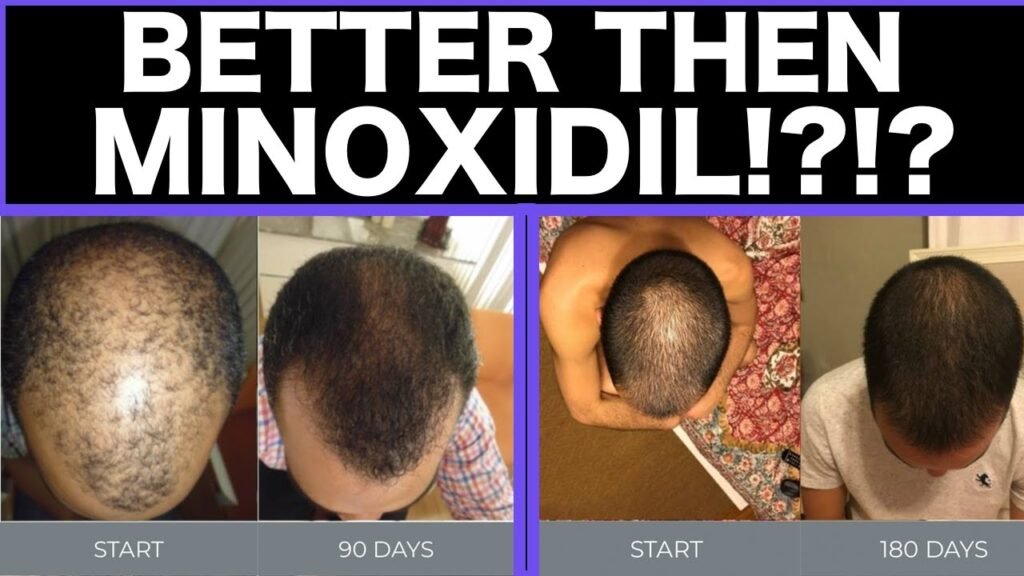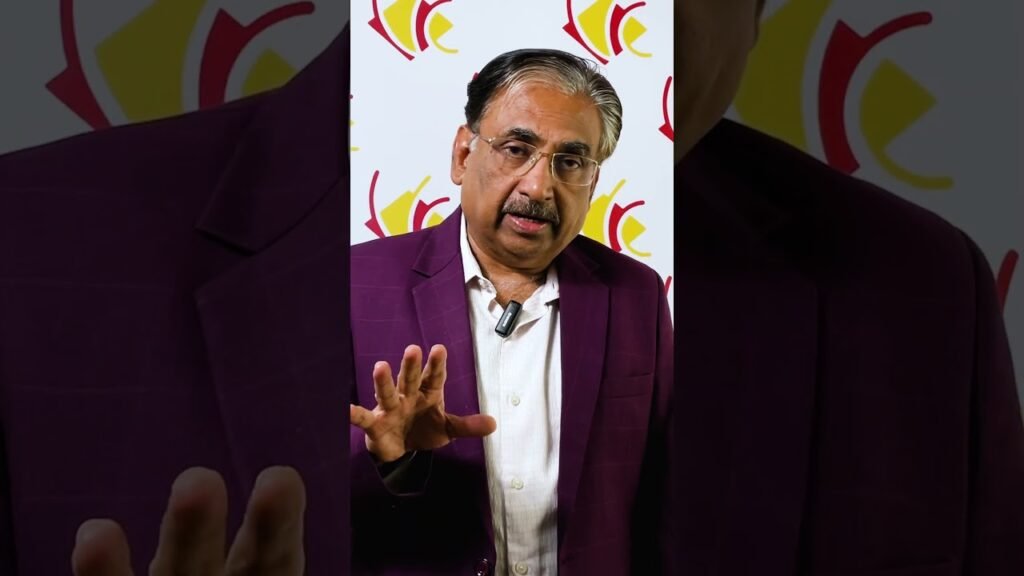Key differences between Minoxidil vs biotin
When it comes to addressing hair loss and promoting hair growth, both Minoxidil and biotin are popular options, but they work in fundamentally different ways. Minoxidil is a topical medication that is FDA-approved specifically for hair regrowth. It works by stimulating hair follicles and increasing blood flow to the scalp, which can help to prolong the anagen phase of hair growth. This medication is often used for androgenetic alopecia, commonly known as male or female pattern baldness. Users typically apply Minoxidil directly to the scalp twice daily, and it is available in various concentrations.
On the other hand, biotin, also known as vitamin B7, is a water-soluble vitamin that is often taken as a dietary supplement to support overall hair health. Unlike Minoxidil, biotin is not a medication but a nutrient that plays a crucial role in the bodys keratin infrastructure, which is essential for maintaining healthy hair, skin, and nails. While biotin is not specifically approved for treating hair loss, it is believed to improve the strength and thickness of hair, particularly in individuals with a biotin deficiency. It is usually consumed orally in the form of pills, gummies, or fortified foods.
Effectiveness and Usage
Minoxidils effectiveness is well-documented, with many users experiencing noticeable hair regrowth within a few months of consistent use. However, results can vary, and continued application is necessary to maintain hair growth. On the contrary, biotins effects on hair growth are less direct and not as rigorously studied. Its primary benefit lies in supporting the bodys natural processes to maintain healthy hair, which may result in stronger and more resilient hair over time. Biotin supplements are generally safe and can be used alongside other treatments, including Minoxidil, for a more comprehensive approach to hair care.


